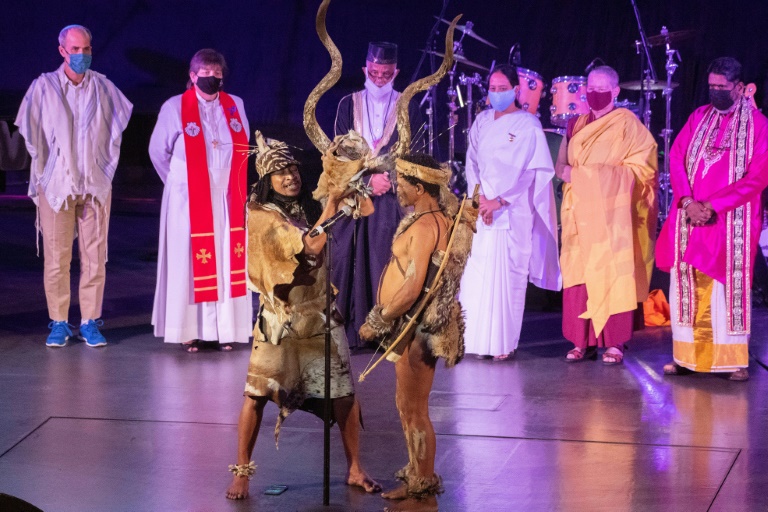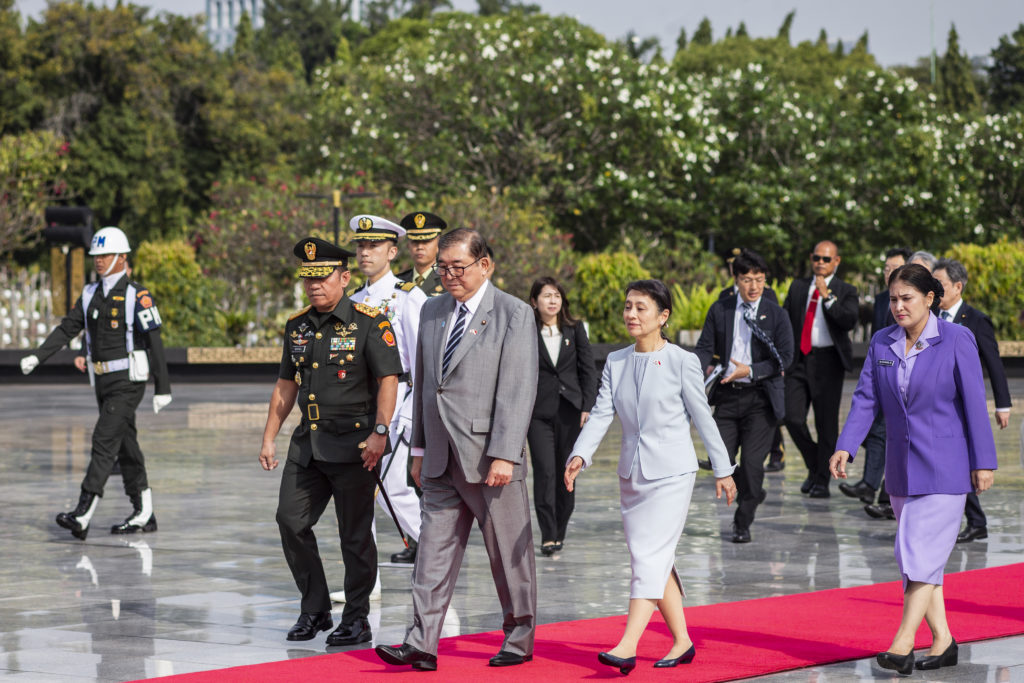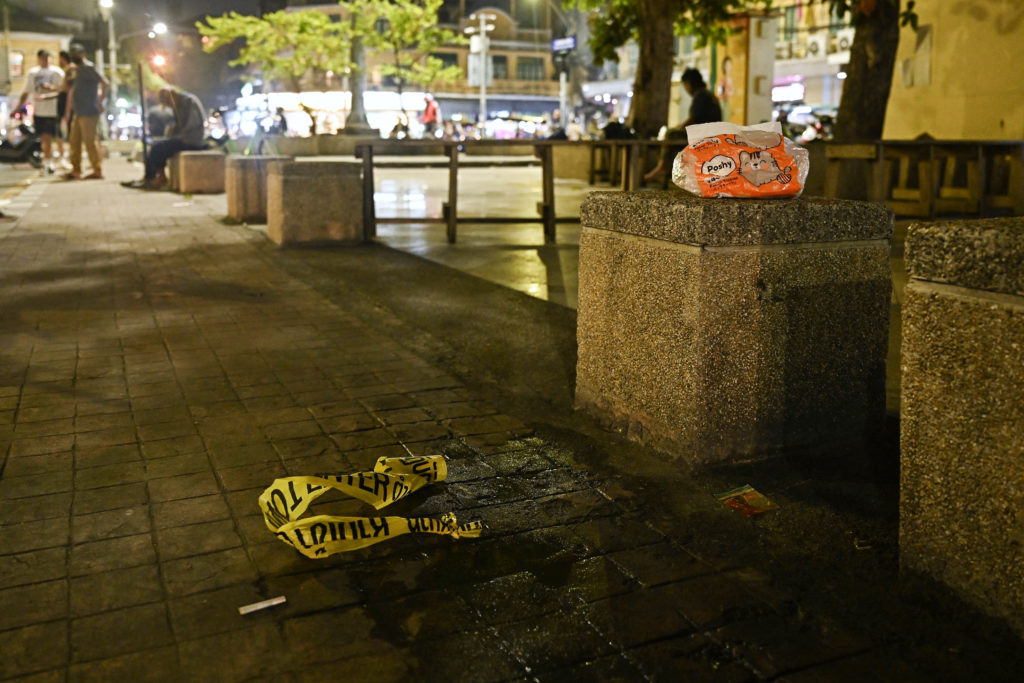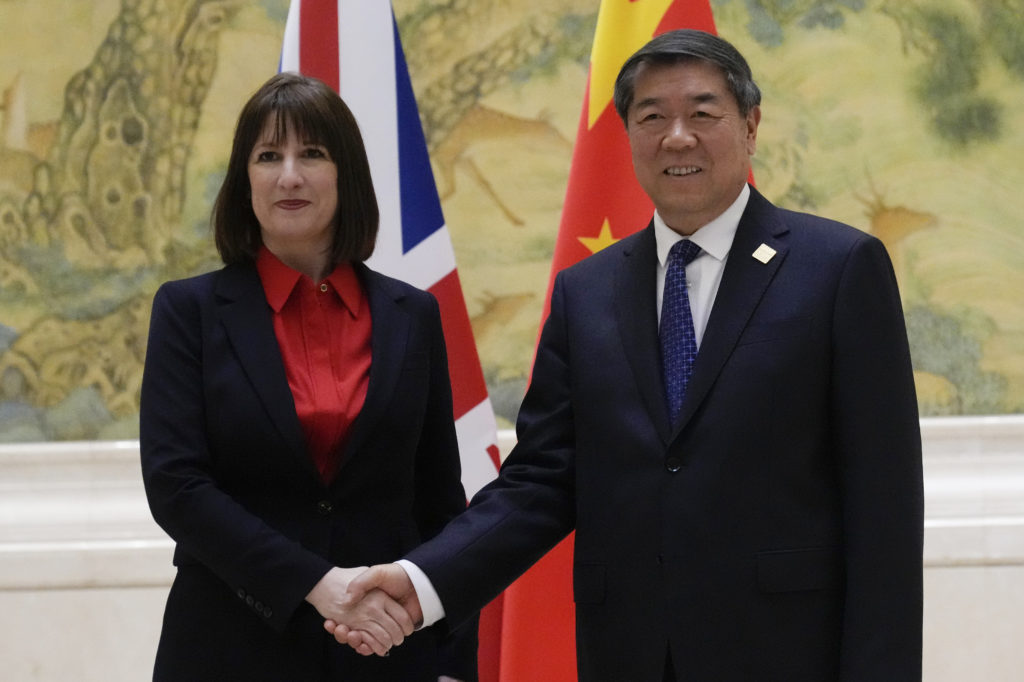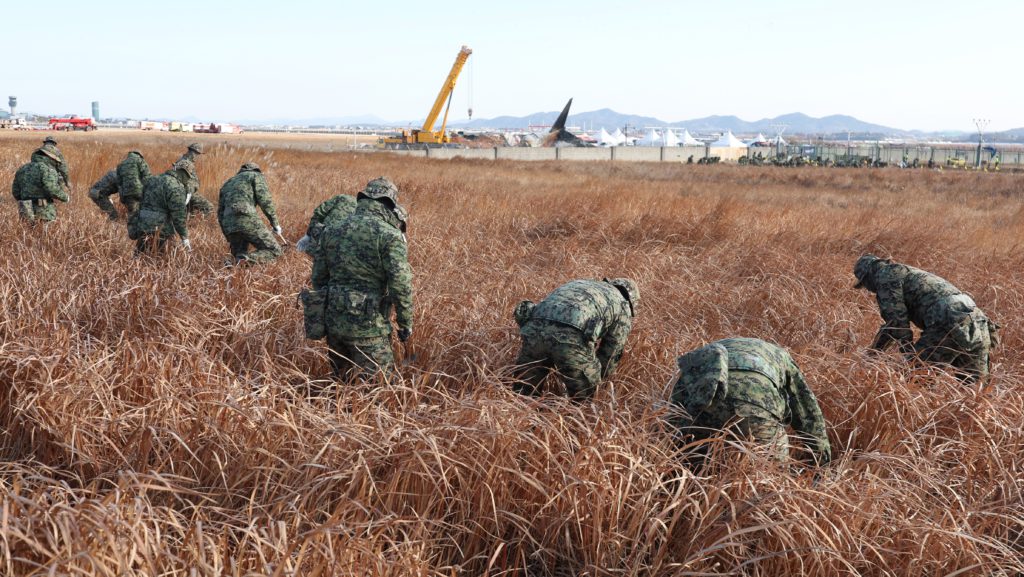An interfaith, musical memorial to South Africa’s revered anti-apartheid icon Desmond Tutu had a rabbi and a monk dancing in their seats on Wednesday as Cape Town said farewell to its first black Anglican Archbishop.
The colourful service at City Hall to Tutu, who died at the weekend, was attended by his family members and politicians, many wearing purple in honour of the Nobel peace laureate’s famed purple robes.
The event peaked when the 1980 chart-topper “Paradise Road”, which became an unofficial anthem for the struggle against apartheid, was emotionally performed by bare-footed South African singer Zolani Mahola.
Tutu died peacefully at a care centre on Sunday, just three months after his 90th birthday, prompting tributes to pour in from around the world.
Ahead of his funeral on Saturday numerous events are being held across South Africa to remember the apartheid foe and stalwart of the liberation struggle, who was also an outspoken critic of human rights abuses across the world.
He coined the phrase “Rainbow Nation” at the advent of South Africa’s democracy, and that ideal was on full display at the memorial on Wednesday night.
Despite limited numbers due to the Covid-19 pandemic, there was plenty of pomp and ceremony at the event, with music from the South African Youth Choir and guitarist Jonathan Butler, among others.
The Cape Town-born Grammy nominated Butler, who flew in from Los Angeles and whose music was popular during the apartheid struggle, had some in the audience — including a rabbi and a Buddhist monk — dancing in their seats.
– ‘We will pick up your baton’ –
Prayers were offered from Christian, Buddhist, Jewish, Traditional African and Muslim leaders.
Indigenous Khoisan people, dressed in skins and holding aloft an animal skull, also presented a tribute to Tutu.
All week, Cape Town’s famous Table Mountain and the City Hall building are being lit up in purple at night, also in honour of Tutu’s robes.
Cape Town Mayor Geordin Hill-Lewis told AFP the colour had darker historical relevance because during the years of white-minority rule in the 1980s police often sprayed pro-democracy protesters with water cannon and purple dye to make them easier to identify and arrest.
“The large part of his ministry was spent under oppression, harried and harassed,” Hill-Lewis told the memorial service.
“In the years most recently when our fragile democracy took blow after institutional blow, he was there bringing rebuke.”
Cheryl Carolus, an apartheid-struggle veteran member of the ruling ANC party attending the event, called on South Africans to keep striving for a better democracy.
“Freedom is not a spectator sport, it needs to be hands-on…. Tata, we will pick up your baton,” she said, using Tutu’s nickname.
“We give thanks for having 90 years of our father, almost against all odds,” said Carolus.
“We know that he was not well over the last while, and that he himself was ready to go, and that he left us in peace”.
On Thursday, the coffin carrying Tutu’s remains will be brought in a procession to Cape Town’s St George’s Cathedral, where he once rallied against white minority rule.
There he will lie in state for two days for the public to say their final goodbyes before a private cremation.
His ashes will ultimately be interred inside the church, where bells have been ringing bells for 10 minutes at midday in his memory since Monday.

